On 19 March 1911, a fist fight took place in front of Saint-Joseph Church in Geneva. It was the talk of the town for weeks. Charles-Albert Cingria (28) knocked down Gonzague de Reynold (31) with a single punch. Cingria, stocky in physique, had taken offence at a letter that the slenderly built de Reynold had written to the local newspaper.
The son of immigrants from Dalmatia, Cingria had had a reputation for getting into trouble ever since abbey school. A propensity for violence had always been his Achilles heel – a likely symptom of denying his own homosexuality. The ideas that Cingria espoused were often abstruse, but his prowess as a musicologist and historian was unsurpassed. Contemporaries profoundly admired his writing – so much so that, when the author was jailed for paederasty in Italy in 1926, it was none other than arch-enemy Gonzague de Reynold who secured his release.
“Talking Cingria”
In particular, Cingria made a name for himself through his ubiquitous short-form writing – now known as “Talking Cingria”. Always rendered in the present tense, these first-person narratives consistently give the impression of someone speaking directly to the reader. In almost every case, they owe their immediacy to the author’s personal experiences on trips across Europe. Despite being a citizen of Geneva, Cingria lived in a Parisian one-room apartment – the starting point for each of his itineraries – between 1915 and his death on 1 August 1954. The eccentrically attired Cingria, the archetypal dandy of his era, nearly always did his tours on bicycle.
Lodging with friends
After the family fortune was exhausted, Cingria had to lodge with a variety of friends, for whom it was both a curious and an unforgettable experience when the writer turned up at their door. Cingria always took a foldable leather bath tub on his bicycle. He would bathe in this contraption as soon as he got into his room – then join his hosts at the table, bath towel wrapped around his head like a turban. Eventually, he would retire to scribble down his short texts – works which essentially were nothing more than a perpetual conversation with an imaginary person.
Cingria writes about his beloved bicycle, about the joy of travelling in a restaurant car, and about the station buffet in Berne. He eulogises tobacco, refers to a naked female animal tamer, and expounds on the peculiarity of speaking machines. Besides his keen observational eye and virtuosity with words, it is his humour and intelligence that lend something profound and often even anarchic to the seemingly innocuous patter. The wacky cyclist and wordsmith was very aware that people would also remember him for his oddball personality as well as his literature. Otherwise, he would not have conveyed the following ambiguity to his friend Abdul Wahab in Paris, while he was being detained in Switzerland in 1940 on account of the war: “If you see the charlatans, make them think I am in Paris and have simply moved to a different neighbourhood. I want to get them to invent legends about people and show that the weaknesses of these people are in fact strengths.”
Charles Linsmayer is a literary scholar and journalist in Zurich.
Bibliography:
Available in German: Charles-Albert Cingria, “Ja, jeden Tag neu geboren werden …” (Yes, born again every day). Reminiscences, glosses, theories and polemics. Biographical epilogue by editor Charles Linsmayer. Reprinted by Huber (no. 18), Frauenfeld, 2001.
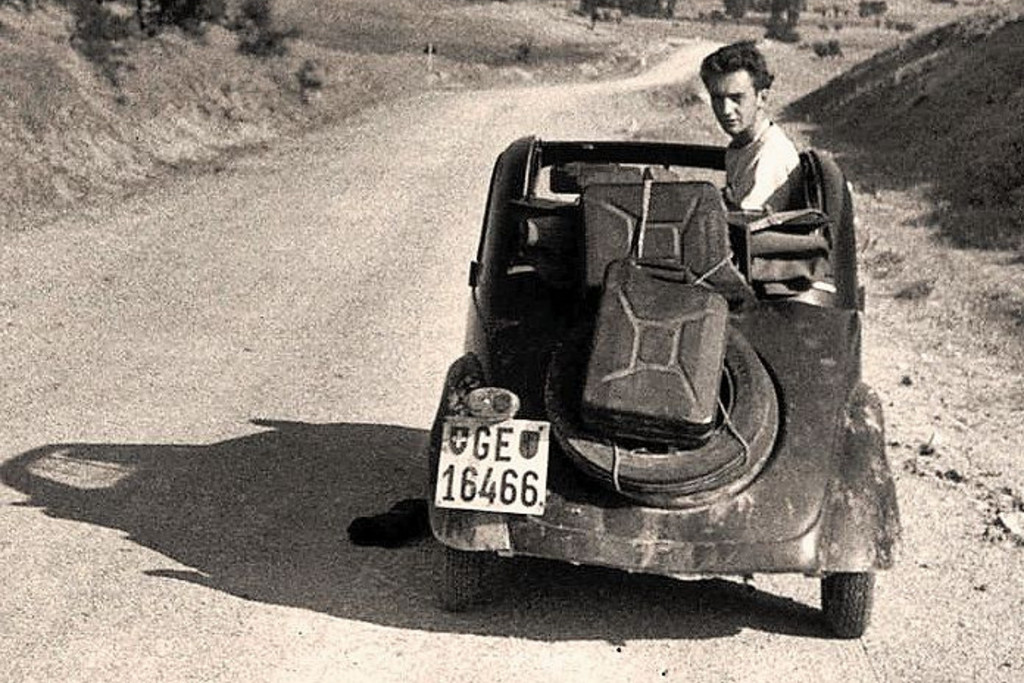
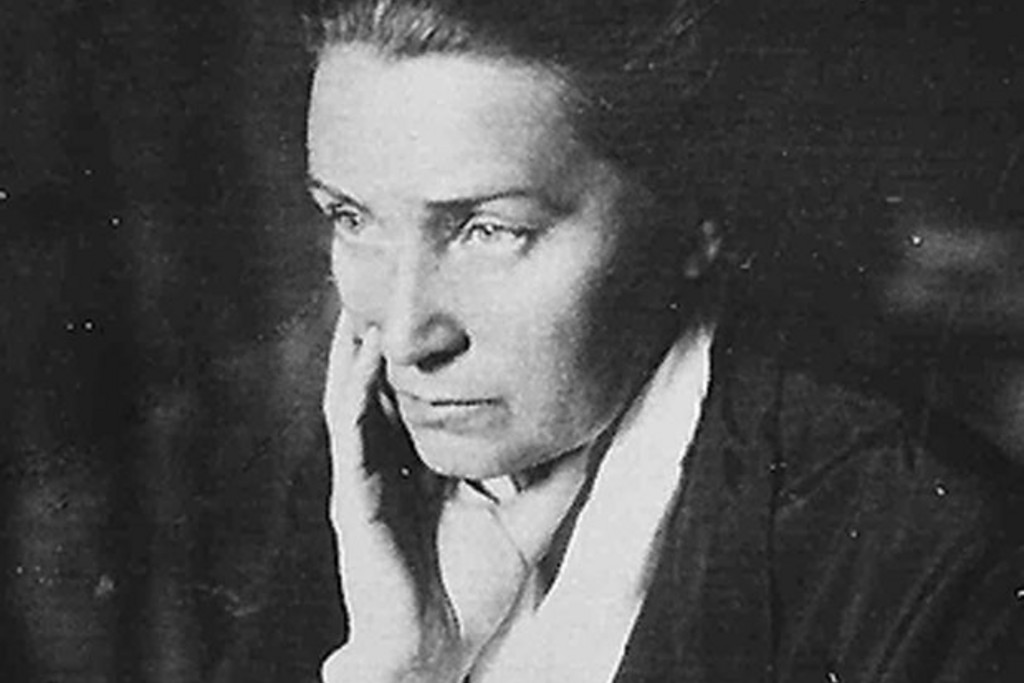


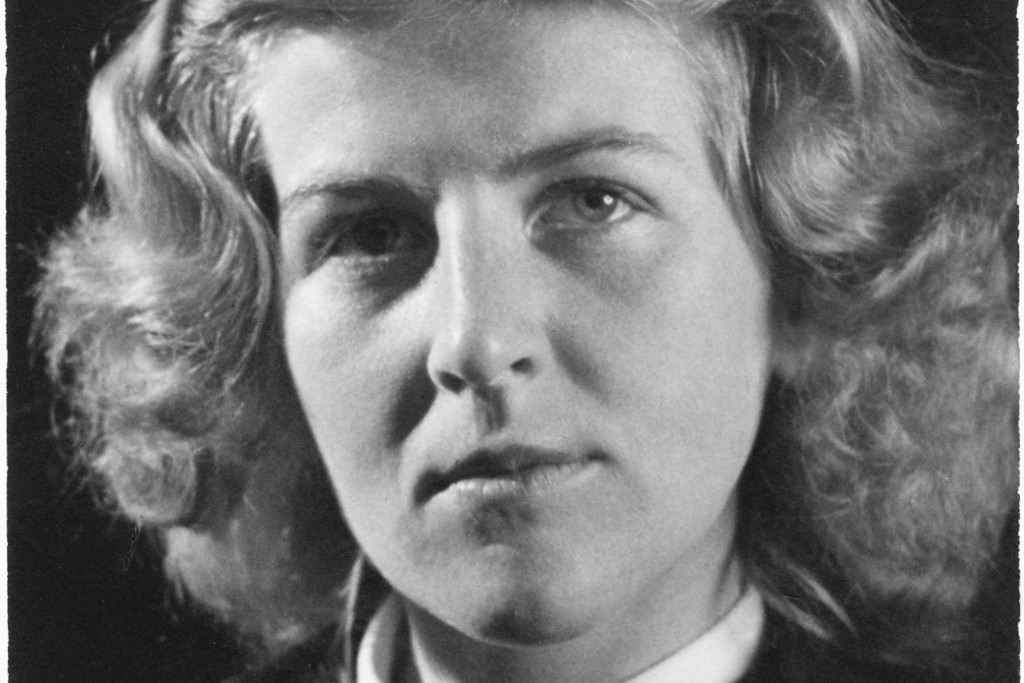
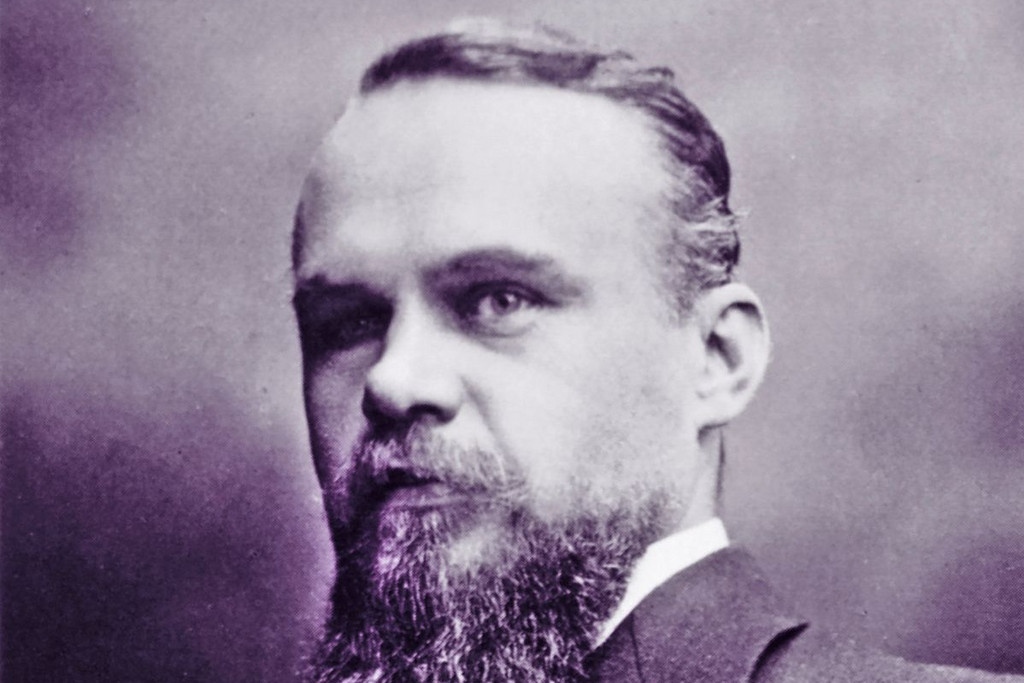

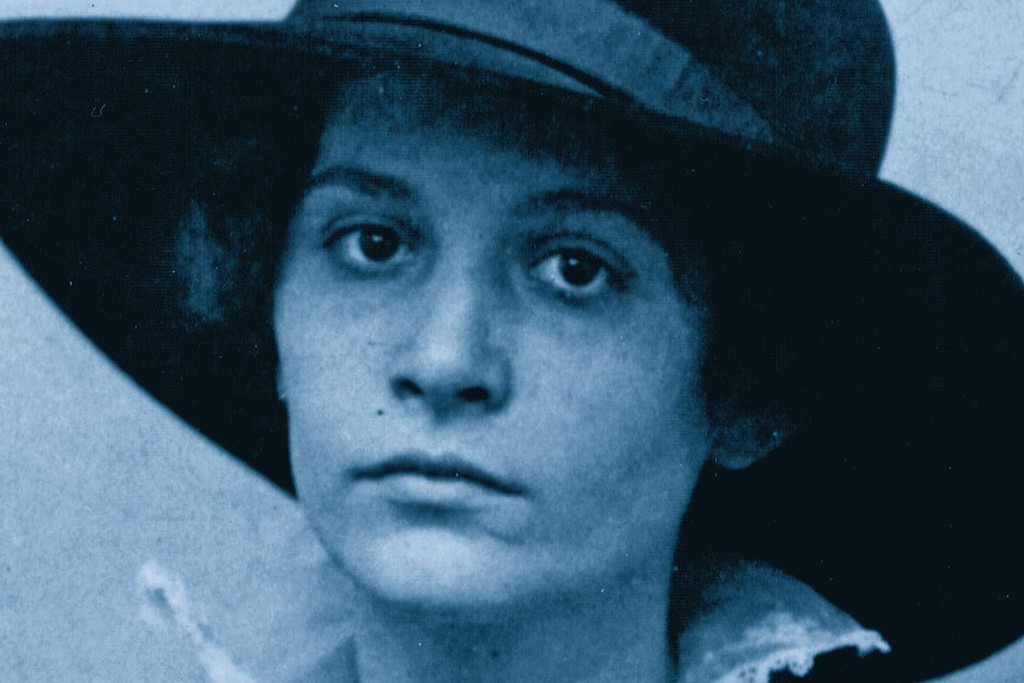



Comments